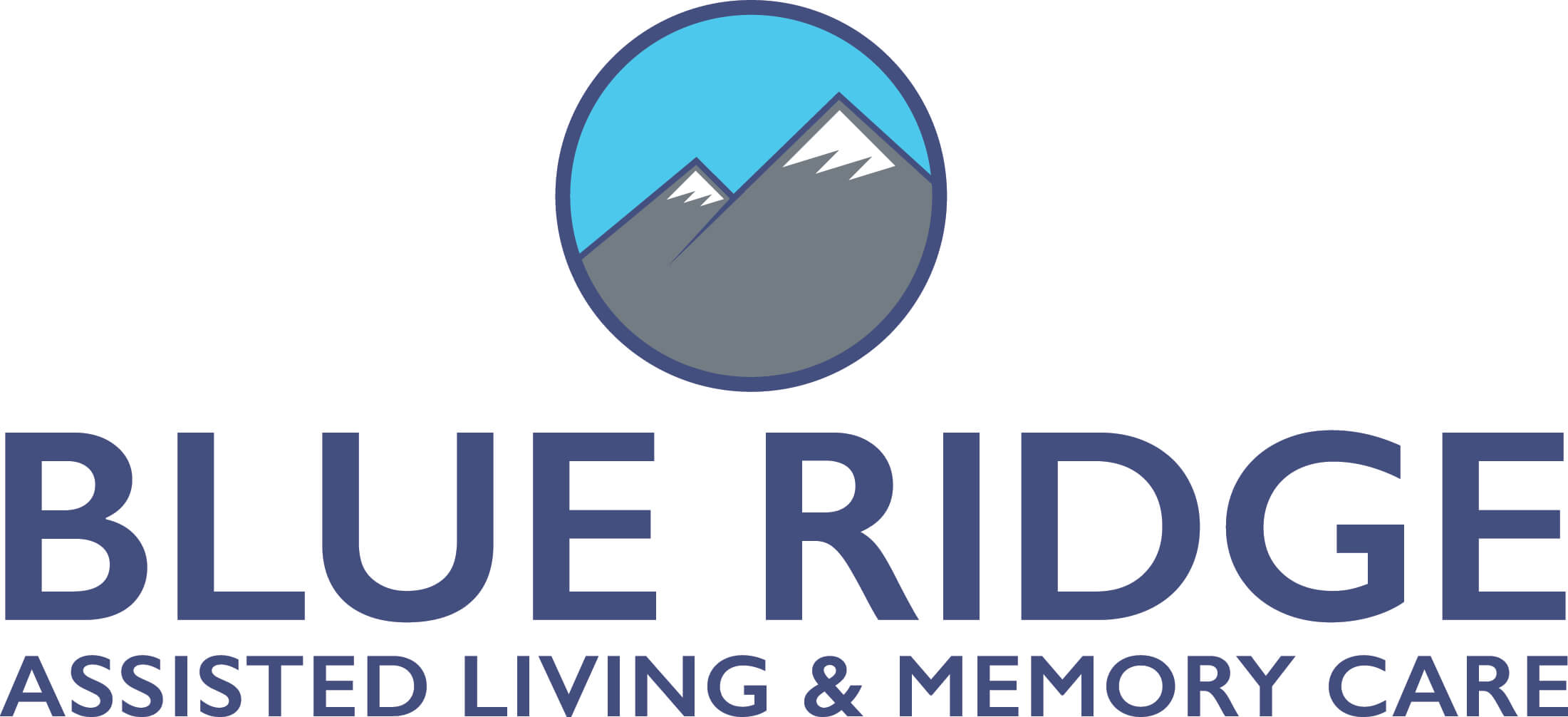Alzheimer’s and other forms of dementia cause changes in the brain, which can make it difficult for your parent with memory issues to recognize you. They can’t seem to remember your name or mistake you for someone else. It can be devastating and difficult to deal with, and you might feel as if you are strangers to each other. But, it’s important to keep in mind that their ability to recognize you has diminished as a natural effect of memory and vision loss. Your loved one is still the same person you know and love, it’s just that the disease is progressing. Though their memory might be shaky, they’ll still feel lingering emotions even if they’ve forgotten the events and circumstances. Your mother may not remember that you dropped by with a home-cooked dinner and had a warm conversation with her last night, but she’ll still feel happy and loved the next morning. Your actions may not be remembered, but they have a tangible impact. So, understanding how best to communicate with your loved ones suffering from memory loss is vital in ensuring their wellbeing.
Don’t Correct, Just Engage
Those with Alzheimer’s and other types of dementia can be living out their days in a state of reality that’s not always true to real life. Their memories can become warped in ways that seem incomprehensible to us, but their beliefs are as real to them as ours are to us. Dealing with these hallucinations or delusions can be touchy. You might want to correct your loved ones, believing that it’s important for them to know the truth of things. But studies have demonstrated that doing your best to understand their feelings and perceptions, or engaging them as if their view of the world was accurate can be the best way to handle these situations. If your loved one persists in referring to you as someone who you are not, it’s best not to correct them, but instead meet them where they are. For example, you visit your mother and introduce yourself as her daughter, and she says you’re not. Don’t insist that you are, just ask her to talk about her daughter. Things like what she misses about her or what she looks like. Then it might not feel as if you’re strangers to each other, because she might just be remembering a different version of you.
Keep Things Simple And Direct
To start things on the right foot, get in the habit of introducing yourself directly. Then they don’t have to be put on the spot, to figure out what you’re here for or who you are.
Blue Ridge’s Memory Care Program
Taking care of a loved one with memory-related disorders, and subsequent cognitive impairment can be a hard task. Your loved ones may face many challenges every day, but you’re not equipped or able to take on a full-time position as a caretaker. That’s where professional help offered by retirement communities comes into play. Blue Ridge’s SHINE® Memory Care program has been recognized by the national Alzheimer’s Association for its excellence. We provide personalized, compassionate and comprehensive care to each and every resident at Blue Ridge.








